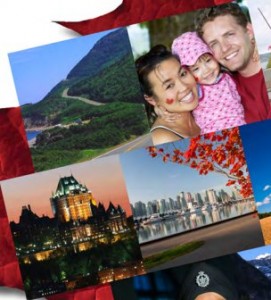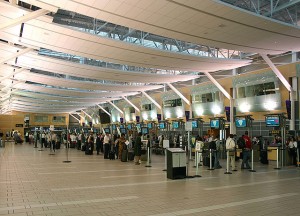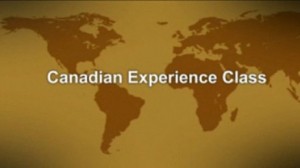
HRSDC Minister Diane Finley speaking in the House of Commons last September. New rules and increased fees for work permit applications were announced by Finley and Citizenship and Immigration Minister Jason Kenney on Monday (Government of Canada)
Amid controversy and criticism over a series of incidents involving temporary foreign workers (TFWs) in recent months, including a story that emerged last month of Canadian workers losing their jobs to foreign workers at the Royal Canadian Bank, the federal government has announced several immediate and upcoming changes to the Temporary Foreign Worker Program (TFWP).
These changes are:
- An employer is required to guarantee to pay a TFW prevailing wages for that foreign worker to be eligible for a work permit, effective immediately. The rule allowing companies to pay TFWs 15 percent less than prevailing wages for high-skilled positions, and 5 percent less for low skilled ones has been repealed.
- The Accelerated Labour Market Opinion (ALMO) has been suspended, effective immediately.
- The federal government is seeking the authority to suspend a Labour Market Opinion (LMO) if new information emerges showing that it negatively affects the Canadian economy and Canadian workers, and revoke work permits that were authorized by that LMO.
- Fees employers pay for work permit and LMO applications will increase so that a portion of the cost of processing them will no longer have to be paid out of general taxes.
- Job requirements for positions that use TFWs can only have English or French as required languages, unless an employer receives a special exemption after having shown Human Resources and Skills Development Canada (HRSDC) why the foreign language is necessary for the position.
The new rules attempt to close some of the major loopholes that critics have identified in the program that they say allow Canadian companies to use foreign workers instead of available Canadian workers.
The changes were jointly announced by HRSDC Minister Diane Finley and Citizenship and Immigration Minister Jason Kenney on Monday.









